Zero-waste guide























There are countless ways, big and small, to reduce your waste in a way that fits with your lifestyle. Just try a few and see what works for you!

Declutter your home and donate to your local thrift shop. You’ll lighten your load and make precious resources available to those looking to buy secondhand.

If you don’t like the taste of tap water, invest in a quality water filter instead of single-use water bottles.
Make your own cleaning products. Try combining baking soda with lemon juice and vinegar to clean your counter-tops, showers, toilets and floors.
Welcome alternative house cleaning tools: a wooden brush for light scrubbing, an old toothbrush for hard to reach places and rags for everything else (counters, floor, fridge, mirrors etc.)
Swap disposables for reusables (start using handkerchiefs, refillable bottles, shopping totes, cloth napkins, rags, etc.). You might find that you don’t miss your paper towels, but rather enjoy the savings.
Ditch the tea bags. Most tea bags are loaded with micro plastics that are bad for you and the environment. A better alternative is loose-leaf tea.

Keep a shopping list. The less you bring home, the less waste you’ll have to deal with.
Use tree-free, zero waste recycled toilet paper, such as brands The Good Roll or Cheeky Panda
Seek sustainably sourced fabrics Next time you buy pillow, blankets or cushions, make sure that the fabrics are sustainably sourced.
Do you have a zero-waste shop nearby? There you can find food in bulk (without packaging), which is often also organic and local. When buying in bulk, you can control the amount that you buy, resulting in less food waste.

Try to avoid buying fruits and vegetables wrapped in plastic. Instead, get some reusable bags and make a routine of putting them in a handy place so you don’t forget them for your next shopping trip.
Support local farmers. The food will be fresher, tastier, more sustainable, and way more nutritious. Besides, by supporting local farmers, you’ll cycle your euros right back into your local economy.
Plan your meals. Meal planning can really help streamline your grocery trips, trim food costs, and reduce waste by ensuring that you'll use everything you purchase. It will also save you from the question “What’s for dinner tonight?”.
Compost your food scraps. If you don’t have a garden, try out the bokashi or check out the website of your commune for neighborhood composts. With the Bokashi composting technique, you can turn your food scraps into living soil, easily and without foul smell.
Replace plastic wraps with bees wraps to wrap your food (rests). Bees wraps are reusable, work surprisingly well, and save a lot of plastic waste. They’re also relatively easy to make.

Consider using everything twice. You can reuse herbs, peels, spices, oil, and many other ingredients to get the most out of it. For example, with banana peels you can make banana water to use as fertilizer for your houseplants.

Before buying something new, ask yourself the questions “Do I really need this?” and “Will I use this often?”.
Try only shopping a couple times a year to avoid compulsive buys.
Donate, sell or give away clothes that you don’t wear anymore to give them a second life.
Try to avoid fast fashion and choose for secondhand fashion or sustainable fashion. Fast fashion is designed only to last a season, and is harmful for the environment and the workers behind.
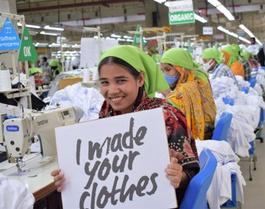
Just because something is on sale, doesn’t mean you have to buy it.
You can recognize sustainable fashion by: the materials are produced sustainably, a short and traceable supply chain, official certifications (for example: GOTS).
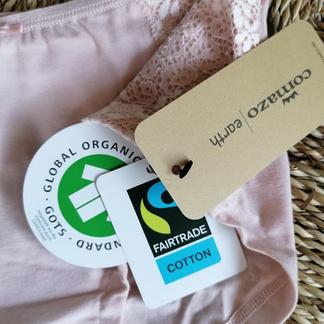
Opt for clothing made from natural fibers, such as cotton, rayon or wool. Clothing made from synthetic fiber, such as polyester and nylon, is made from various types of plastic.

Shop local. By shopping locally, you support local businesses and you are able to pick up your clothes directly from the store or the person. This reduces the carbon footprint
Invest some time to repair your clothes when broken If you don’t know how, search for a repair center nearby.
Use shampoo and conditioner bars, or make your own. A conventional shampoo exists of around 80% of water. So, we mainly buy water and plastic packaging, both of which we don’t need When buying a shampoo bar, we buy exclusively the active ingredients to clean and hydrate our hair
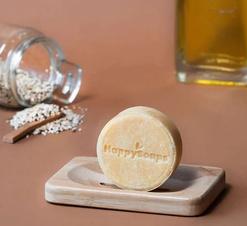
Choose a deodorant that doesn't have non-recyclable plastic components There are many zero waste deodorants on the market these days These products tend to be more eco-friendly; minimal packaging, vegan-friendly, non-toxic and cruelty-free.
Over 90 billion plastic toothbrushes get thrown away annually. Swap your plastic toothbrush for a sustainable bamboo one or a refill toothbrush (such as Lamazuna)
The main problem with toothpaste is the plastic tube that it comes in. There are a variety of toothpaste, tooth powders and toothpaste tabs that you can use to eliminate the wasteful packaging that toothpaste comes in.
Floss is a string of plastic, shipped in a plastic container. Seek more sustainable options that have corn, polyester, or silk filaments, and are coated in natural oils.
Disposable blades aren't recycled. A better option is to use a safety razor or a straight razor. The steel blades are recyclable, and because you'll get many more uses out of each one, it will save money.

Switch to reusable make-up remover pads. You can even make them yourself.
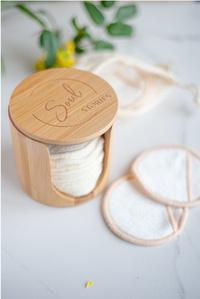
Always carry a reusable water bottle. You can save on average 156 bottles annually.

Unsubscribe to e-mail lists you never open. It’s not just a waste of resources, but also of time.
Be mindful with freebies from conferences, fairs and parties. Choose for sustainable giveaways.
Reuse single side printed paper for notes. If you can’t reuse it, your kids might, as drawing paper.
Ditch the trash can, strive to use your compost and recycling bins exclusively.
Reduce the C02 impact of your email box by sending files through the cloud instead of attachments. Use also the cloud instead of memory sticks or external drives.
Implement reusable cutlery, plates and napkins. Replacing take-out with a meal from home only gets better with reusable containers and cutlery.

Switch to eco-friendly office supplies. For example, replace a bucket of cheap pens by a single refillable fountain pen or a box of wooden pencils.
Reuse paper clips (available in bulk) instead of staples, or a staple-free stapler.
Switch off electronics. Making a habit of turning off your lights, devices and desktop computer will save plenty of electricity over time
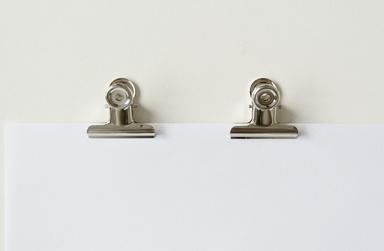
Make a game out of upcycling packaging. Can the material be used for a craft project? Let your creativity flow!
Single-use nappies end up in landfill and take a long time to decompose. Switching to cloth diapers can be a way to reduce your family's daily waste, especially if you have several young children Modern washable nappies are available in bright colours and patterns and with easy to removable liners.
Is your child's room overflowing with toys? Do they have piles of clothes they never wear hidden in their wardrobe? Invest some time making donation piles of toys, books and clothes that can be given a new life
Visit the library: Instead of buying books or magazines, visit your local library and browse through their collection. Not only can your child pick up lots of books, but they can also get involved in the many activities hosted in the library.
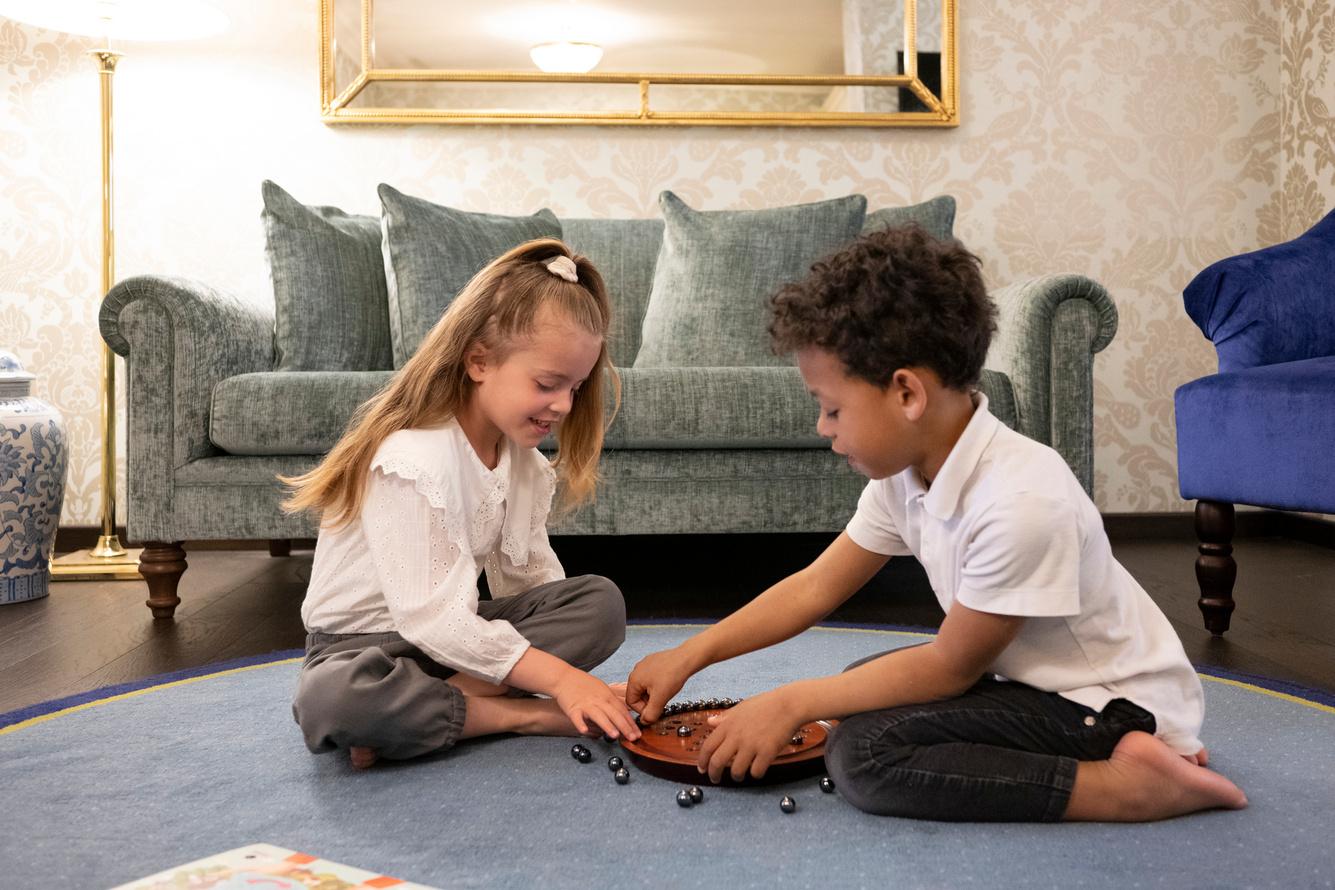
Prepare zero-waste snacks for kids, such as cherry tomatoes, apple slices, grapes, homemade hummus or homemade granola bars.
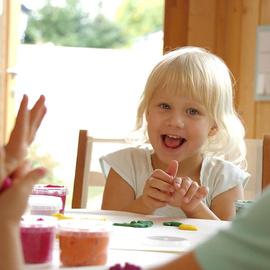
Involve your kids in your zero waste decisions and activities as much as possible. Let them scoop at the bulk store, sort the recycling or do a litter pickup.
An overabundance of toys can reduce creativity and focus in children So rather than quantity, focus on durable eco-friendly toy options.

